Posts
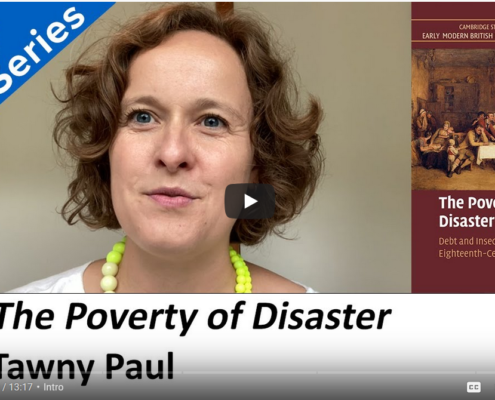
LA Social Science Book Series on the Poverty of Disaster with Dr. Tawny Paul
In the latest interview of the book series, we learn that…
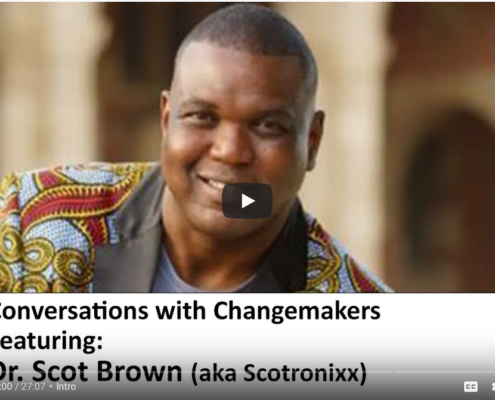
LA Social Science Presents “Conversations with Changemakers” Featuring Dr. Scot Brown Discussing Black Cultural Production
Dr. Scot Brown, a UCLA professor and musician, talks with LA…
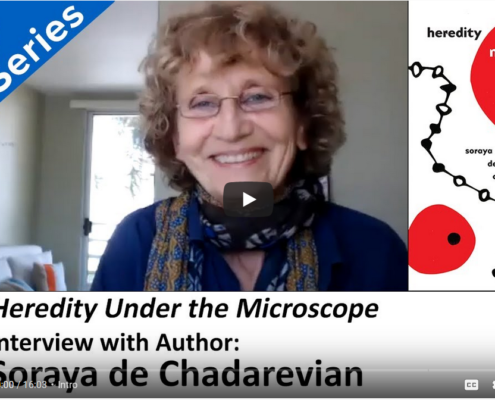
LA Social Science Book Series on the History of Chromosones with Dr. Soraya de Chadarevian
In the first interview of the book series, Heredity Under…
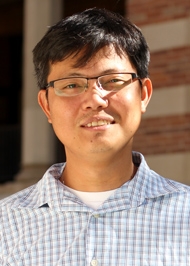
The Juxtaposition of the Stories Monuments Tell in the Philippines
UCLA Professor Stephen Acabado recently co-authored an essay…
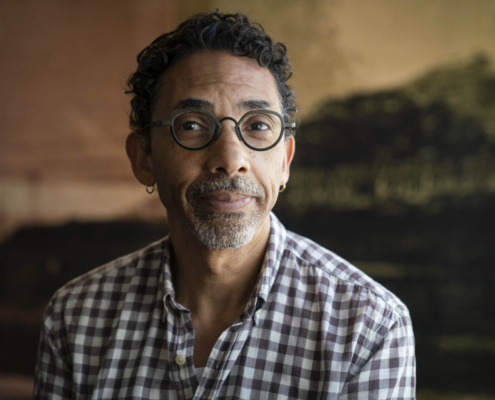
Dr. Robin D.G. Kelley Provides Historical Context for the Current Abolitionist Movement
Dr. Robin D.G. Kelley, UCLA Professor of African American…
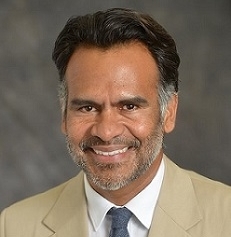
UCLA Professor Eric Avila Discusses the Historical Link between White Supremacy and Los Angeles Transportation Plans
In a recent KCRW Greater L.A. podcast titled, "LA Freeways: The…
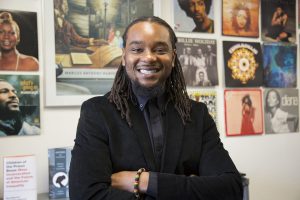
L.A. Times Features Professor Hunter and Prominent L.A. Writers Discussing the City’s Racial Past and Present
In this important piece featured in the Los Angeles Times,…
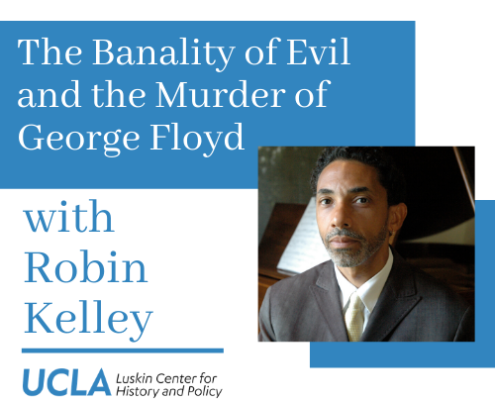
UCLA Podcast “Then & Now” Connects Past to Present with Professor Robin Kelley
UCLA's Luskin Center for History and Policy (LCHP) has continued…
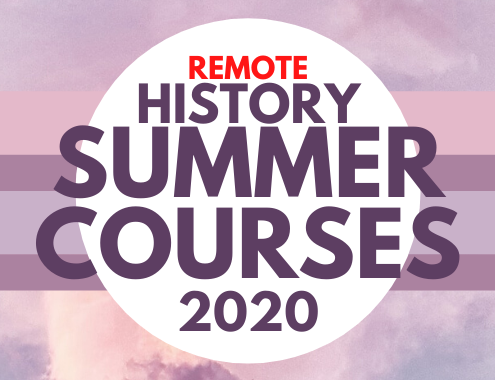
LA Social Science Summer Course Previews: History Department Courses in 2020
Summer 2020 is right around the corner, and LA Social Science…
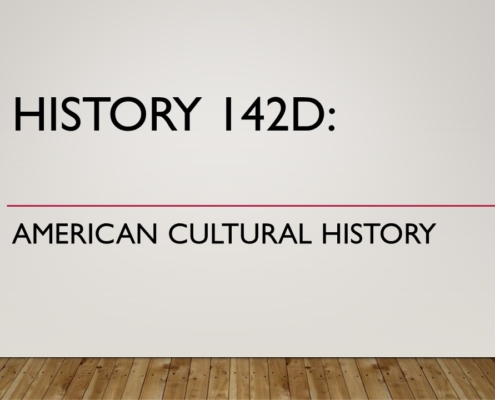
LA Social Science Summer Course Previews: American Cultural History with Professor Avila
As summer 2020 approaches, LA Social Science will be highlighting…

